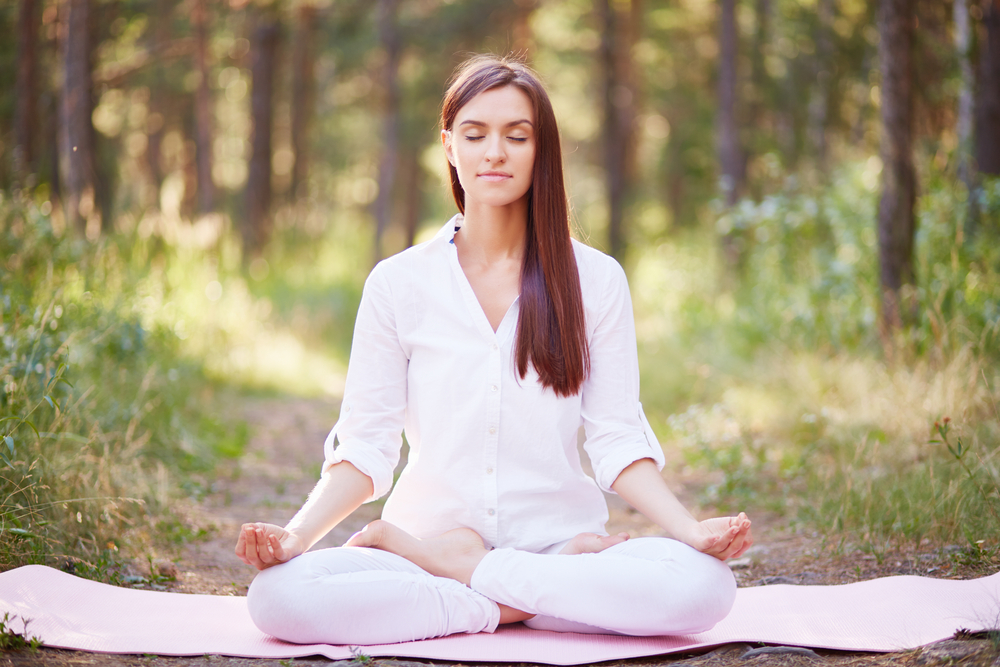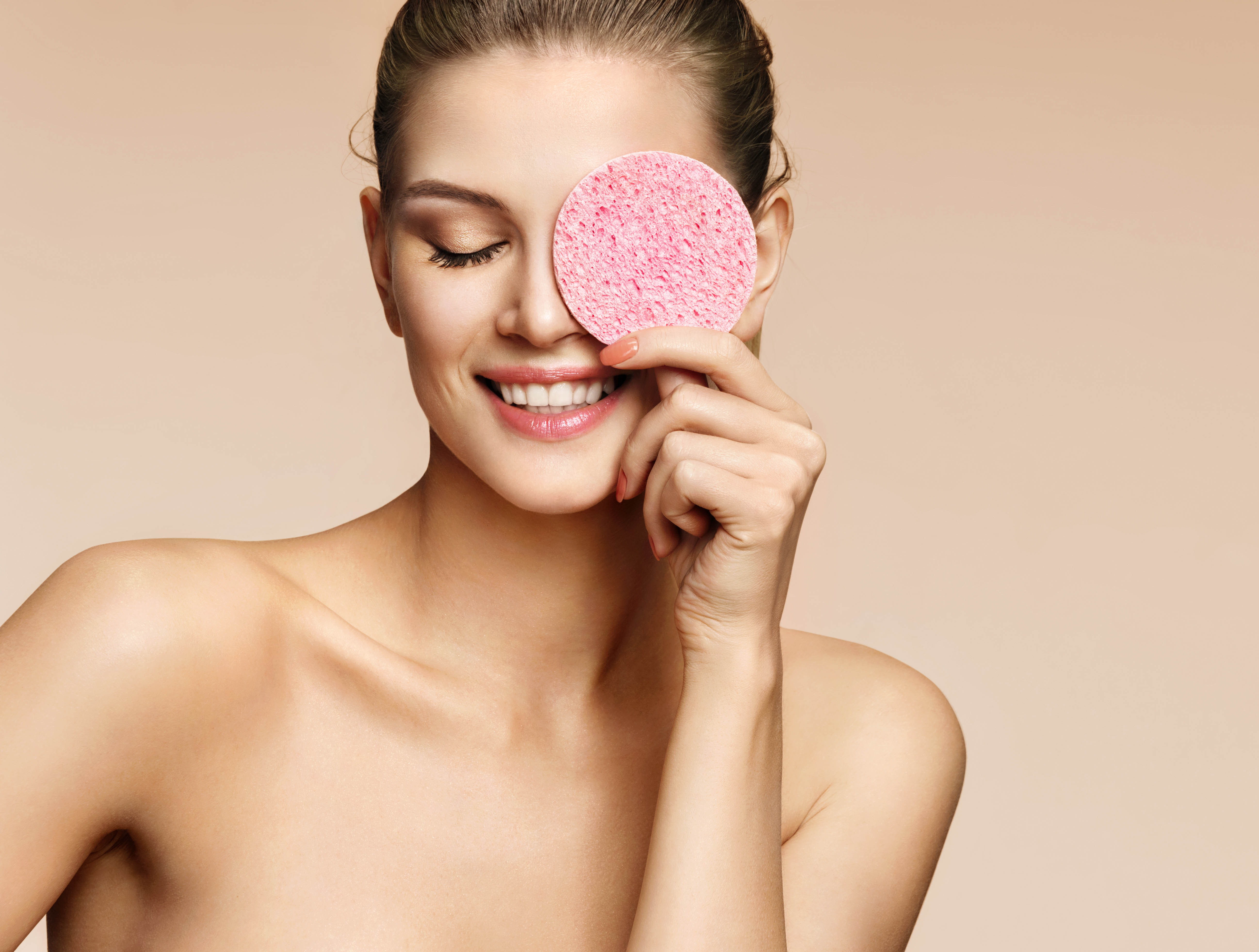 The ancient practice of meditation can have a profound impact on an individual’s sense of peace, joy and mindfulness. The discovery of one’s ability to truly relax, empty their mind and exist solely in the moment has a host of mental, physical, emotional and spiritual benefits. There are a number of different types of meditative practise, but all are founded in investing time in the inner-self.
The ancient practice of meditation can have a profound impact on an individual’s sense of peace, joy and mindfulness. The discovery of one’s ability to truly relax, empty their mind and exist solely in the moment has a host of mental, physical, emotional and spiritual benefits. There are a number of different types of meditative practise, but all are founded in investing time in the inner-self.
Whether you’re new to meditative practise or experienced with self-driven meditation, you’ll love the meditation experiences at our centres across Australia. Here are some of the ways that meditation will change your life – for the better.
- Meditation allows an individual to develop the ability to consciously relax.
By learning tension awareness techniques, one can learn to relax at will, expelling physical tension in periods of stress as well as bothersome thoughts. Learning to acknowledge thoughts without engaging with them is an empowering experience that begins the process of gaining control over your own mind.
- The improvement that you will find in your overall focus and concentration can be incredibly empowering.
You’ll find yourself more centred and focused in everything you do, with less distractions. At least one study has shown an improved ability to multitask – meditation has been linked to a number of things that lead to increased ability to focus and better memory. An increased capacity for focusing on the present moment is linked to the increased energy meditation provides.
- Meditation develops the important skill of keeping an open mind, and remaining even-headed and non judgmental in challenging situations.
This particular skill will also encourage the brain to be more creative as if it were learning to see things for the first time.
- In a modern world, stress is an emotion that affects us all on some level.
Meditation reduces stress and improves our ability to regulate emotions in the brain. At a base level, meditation allows people to take greater control over their own nervous system and emotions by attacking stress at its physical source.
- Meditative practise will increase an individual’s ability to be introspective and self-aware.
The ability to observe your own inner states of awareness can help to connect the dots between thoughts, feelings and actions. Discerning the difference between a clear mind and an active mind can help to create awareness of your intentions. Meditation can teach people to recognise their own anger and become detached from it. Taking the time to take a deep look at yourself is the best way to become comfortable with your identity.
- Mindfulness is a term heard a lot when discussing meditation.
Mindfulness refers to paying careful attention to your actions – in daily life, practising mindfulness means remaining in the present and being aware of your intentions. Meditation can provide a wonderful sense of mindfulness and being in the moment – developing this skill of ‘just being’, that is, being at peace with total mental relaxation, is incredibly valuable. Mindfulness isn’t just limited to the meditation cushion, although meditation is at the core of positive mindfulness practise. Mindfulness can mean walking with purpose, breathing with purpose, and going back to simply nourishing your physical being with adequate self care.
- Nourishing your inner self and learning to trust inherently in your intuition is at the cornerstone of meditative practise.
Being at peace with decision making and navigating challenging situations is aided by the focus and self-love that is fostered with meditative practise.
- Meditation will encourage one to live a healthier lifestyle – treating your mind and spirit with respect will emphasise the importance of doing the same for your physical self.
This might mean cutting down on alcohol and caffeine.
- Meditation has been found to slow the ageing process.
Research has shown that meditation changes brain physiology to slow aging. According to research done at Harvard University, “cognition seems to be preserved in meditators.” Meditators have also been found to have more ‘grey matter’ – that is, more brain cells. This can also be linked to stress management – meditation can indeed help you to live a happier, longer life.
- Above all, meditation can increase your happiness, and help you to find joy in unexpected places in life.
Research has shown that brain signaling increases in the left side of the prefrontal cortex, the part of the brain responsible for positive emotions. On the right side, activity decreases – this side is responsible for negative emotions. Happiness can also stem from an increased sense of self-awareness and acceptance of circumstances beyond your control. Indeed, true happiness can be defined as inner peace.
Meditating for inner happiness and self-care
The innate sense of peace felt during meditative practice can provide an individual with fulfilment not found elsewhere in life. Meditation will change how you think, feel, act and process emotions. It’s time invested in improving your inner self that is reflected outwardly in every aspect of your life. Meditation, when practised correctly, will reveal truths about yourself, the present moment, and the world around you.
Laurie Iacuone
Latest posts by Laurie Iacuone (see all)
- 7 Positive Habits From Being Mindful (And What You Can Do To Cultivate Them) - May 4, 2017
- 6 Relaxation Playlists on Spotify - May 3, 2017
- What to Buy a Mum for Her First Mother’s Day - April 26, 2017



